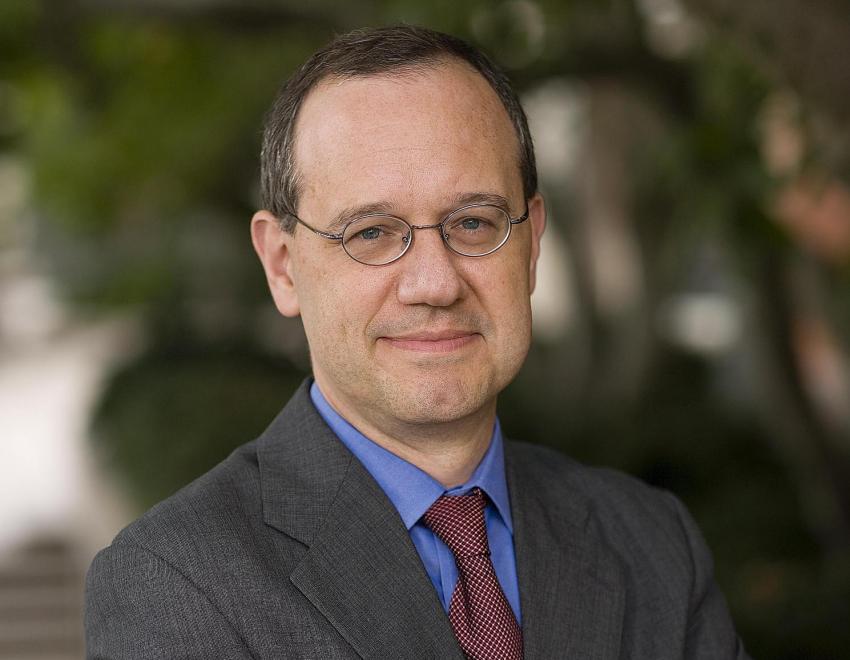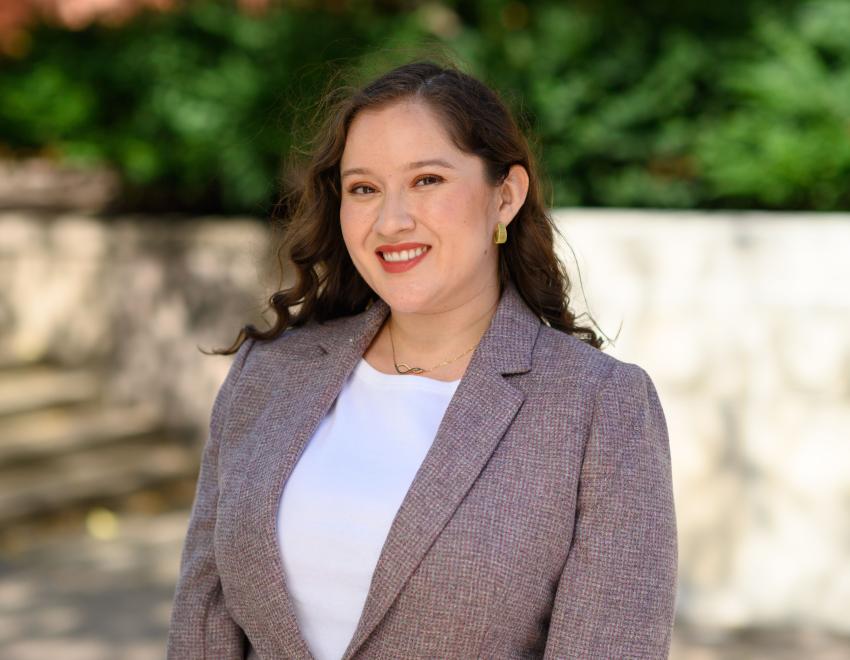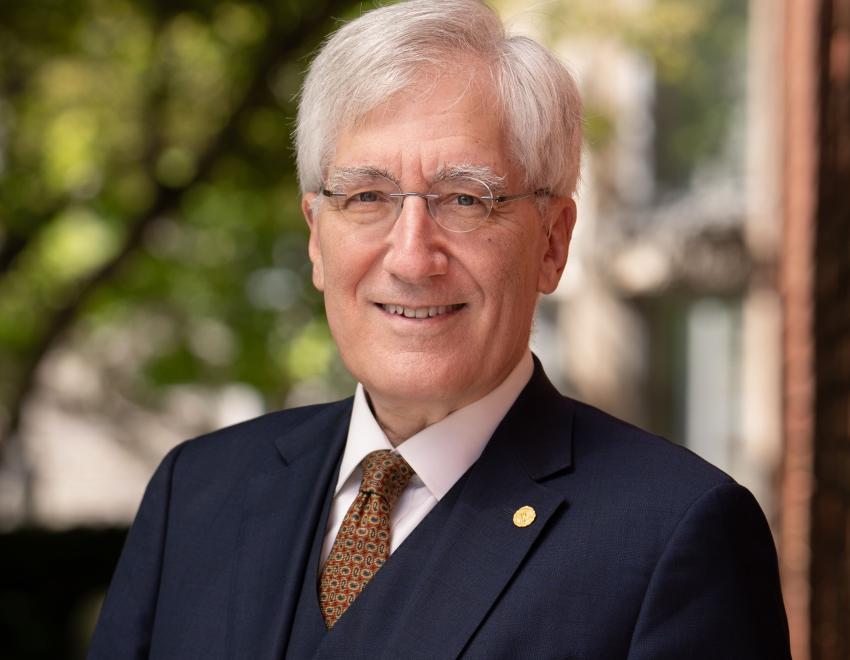Dear Politics Community,
In my Class Day remarks to graduating seniors on June 1st, I talked about the challenge of completing one’s degree in the context of the Covid-19 pandemic. I also noted how the events of the last week remind us of the centrality of race to the problems addressed by the discipline of political science, and of the ongoing scourge of institutional racism.
I wanted to share and expand on the latter remarks in this brief note to all our students. The horrific killing of George Floyd by police in Minneapolis has once again showed that the ideal of equal citizenship is not a reality for people of color. As the struggle for equality continues, the Politics Department stands in solidarity with our students of color and recommits itself to be an inclusive and supportive institution. Black Lives Matter.
I am encouraged to see that our faculty’s research has something to contribute to the debates we are having. To mention just two examples, Omar Wasow’s recent APSR article on Black protests in the 1960s is very timely, and was featured in a May 29th interview in the New Yorker. Jonathan Mummolo’s research on race and policing, and on police militarization, is also essential reading these days.
Many undergraduates and graduate students are pursuing research projects that are directly relevant to the current crisis. Again to give just two examples, graduate student Chaya Crowder’s research on “intersectional solidarity” explores a key determinant of outcomes in the struggle for equality. And one of my own students, Sophia Taylor, recently completed her senior thesis on the Tulsa race massacre of 1921. Her work was highlighted on the Department’s website and twitter account.
The Department recognizes the need to continue pressing to be inclusive and representative. We are proud of the work of Leonard Wantchekon, recently recognized in the Economist. And we are heartened that a leading African-American political scientist, Ismail White, will be joining our faculty this summer. But we know that we have more work to do in diversifying our community, and we will keep pushing to hire, support, and retain faculty of color, and to admit and recruit students of color. As we listen to the voices speaking today, we also continue to reflect on how to improve our teaching and other policies, practices, and structures. I look forward to discussing these urgent issues with my colleagues and with students in the near future.
In these difficult times, I trust that we as a Politics community will support one another, and will work together to confront injustice.
Stay safe and stay well!
Alan Patten
Chair, Department of Politics
Princeton University




